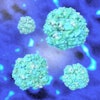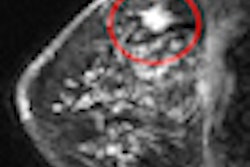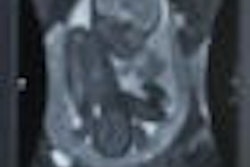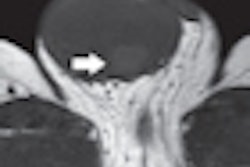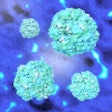Dear MRI Insider,
This edition of the Insider features a new twist on functional MRI (fMRI), courtesy of a technique developed by neurologists at Washington University School of Medicine in St. Louis. The protocol, called resting state functional connectivity, may be able to predict the effects of strokes and other brain injuries on afflicted patients.
Using 3-tesla fMRI, the technique is designed to show the health of networks that let multiple parts of the brain collaborate. Researchers say this is the first time that anyone has been able to link differences in brain network damage to changes in the impairment experienced by patients. Read more about the study by clicking here.
Also featured in this issue of the Insider, researchers found that 70% of healthy professional and collegiate hockey players had abnormal hip and pelvis MRI scans, even though they had no symptoms of injury. The group thinks that their study, presented at the recent American Academy of Orthopaedic Surgeons meeting in New Orleans, could serve as a warning to surgeons that they should not rely excessively on MRI results to diagnose and plan a course of treatment or surgery.
Also, researchers at the Mayo Clinic in Jacksonville, FL, have found that women 70 years of age and older had a higher prevalence of cancer in the second breast, as detected by MRI, than younger patients. MRI detected cancer in the second breast in seven (5.4%) of the 129 elderly women in the study.
In what is believed to be a first in the U.S., radiologists at Lucile Packard Children's Hospital in Stanford, CA, used prenatal MRI to detect congenital chloride diarrhea (CCD). The rare genetic disease can cause severe dehydration and serious metabolic disturbances in newborns if not detected early and treated quickly. Dr. Richard Barth, chief radiologist at Packard Children's and a professor of pediatric radiology at Stanford University School of Medicine, credited MRI with discovering the first instance of CCD he had ever seen.
In news from the recent European Congress of Radiology in Vienna, Austria, editor in chief Brian Casey reports on how French researchers found that nearly a third of mild contrast reactions actually are allergic in nature and might require referral to an allergist as soon as they become apparent. Mr. Casey also details how well whole-body diffusion-weighted MRI stacks up against PET/CT in a variety of oncology applications, such as tumor staging and assessing metastatic disease.
Be sure to visit the MRI Digital Community on a daily basis to stay in touch with the latest news and relevant research from the world of MRI.

